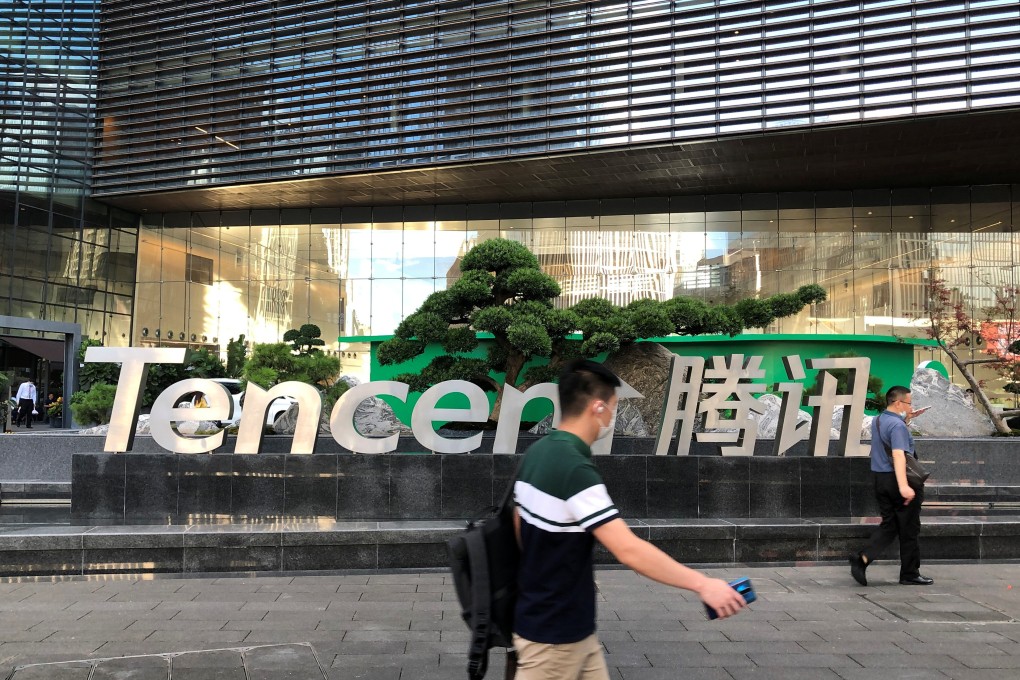Advertisement
Tencent posts 37 per cent quarterly profit increase on back of games as US WeChat ban looms
- Tencent, which runs the world’s largest video games business and China’s biggest social media platform, reported a net profit of US$4.8 billion in the quarter ended June 30
- Revenue increased 29 per cent to US$16.5 billion
Reading Time:4 minutes
Why you can trust SCMP

Internet giant Tencent Holdings is seeking clarification on the Trump administration’s recent action against WeChat, as speculation swirls over its impact on the company’s operations and investments in the US.
“Based on our initial reading and subsequent press reports, that executive order is focused on WeChat in the United States, and not our other businesses in the US,” said John Lo, Tencent’s chief financial officer, in a conference call on Wednesday after the company posted a 37 per cent increase in second-quarter net profit, beating market estimates.
US President Donald Trump signed an executive order on August 6 that bans business transactions in the US with Tencent’s ubiquitous social media app WeChat and ByteDance-owned video sharing service TikTok over national security concerns. Trump said data collection by these apps “threatens to allow the Chinese Communist Party access to Americans’ personal and proprietary information”, but was vague on details.
Advertisement
Lo said WeChat and Weixin “are two separate products”, stressing that WeChat serves international users. “We are in the process of seeking further clarification,” he said.

03:07
Stop offering ‘untrusted’ Chinese apps like TikTok and WeChat, Washington urges US tech companies
Stop offering ‘untrusted’ Chinese apps like TikTok and WeChat, Washington urges US tech companies
The executive order comes as Trump and US Secretary of State Mike Pompeo continued to ramp up the rhetorical attack on Chinese technology companies, saying they are beholden to the government in Beijing because of its own security laws.
Advertisement
Advertisement
Select Voice
Select Speed
1.00x